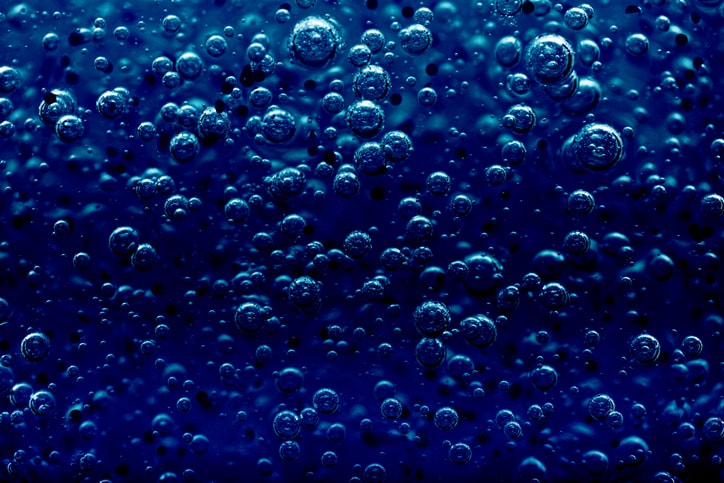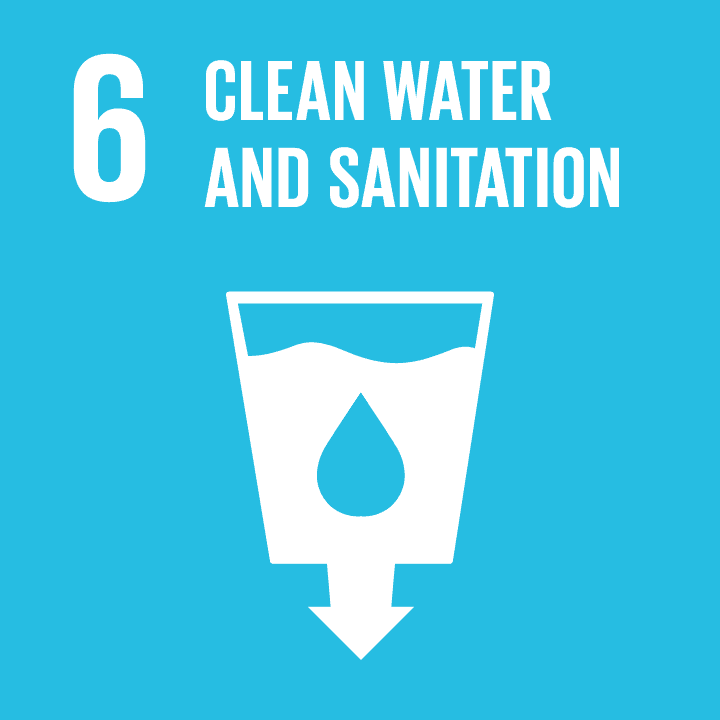Climate Change – Ocean Acidification
 Photo: © iStock-1139960135_Ninell_Art
Photo: © iStock-1139960135_Ninell_Art - Resource Type
- Project
- Subjects
- Earth Science
- Topics
- Climate Change Ecosystems Sustainability
- Time for activity
- 30 Minutes
Since the Industrial Revolution, human activity such as the burning of fossil
fuels, coal power plants has affected the climate. For instance, the emission
of greenhouse gases has increased the Earth’s temperature.
- Introduction
-
Since the Industrial Revolution, human activity such as the burning of fossil fuels, coal power plants has affected the climate. For instance, the emission of greenhouse gases has increased the Earth’s temperature. The emissions from burning fossil fuels not only increases the greenhouse effect, but it also leads to acidification of our oceans. Carbon dioxide released into the air, dissolves in oceans and lakes, where it forms an acid. There is also a small contribution to this acidification from other compounds released from fossil fuels such as sulfur dioxide and nitrogen oxides The acid changes the pH of the oceans affecting the health of the ocean ecosystem. In this activity, you will investigate how acidic water affects the eggshells, representing ocean organisms and limestone.
- Key Objectives
-
- When it rains – where do you think the water goes?
- Do you think much seeps into the ground – is there much water in the ground under our feet?
- Do you think the water in the ground has any effects?
- What happens when you mix water and soil? Does it change the soil – does it change slowly as you add water, or does it change suddenly.
- What makes up our soil – how are soils similar or different? How is sand different from pebbles? What about the difference between rocks, mud, clay and loam? What do they feel like to touch?
- How is wet sand different from dry sand (visual and tactile)? How is wet loam different to dry loam?
- Is water infinite? Where does groundwater come from?
- Guiding Questions
-
- How is acid rain formed?
- What happens to the limestone and shells in the strongest acid?
- What happens to the limestone and shells in water?
- How was the pH of the acidic solutions at the end?
What is a control?

/rating_on.png)
/rating_off.png) (15 )
(15 )





